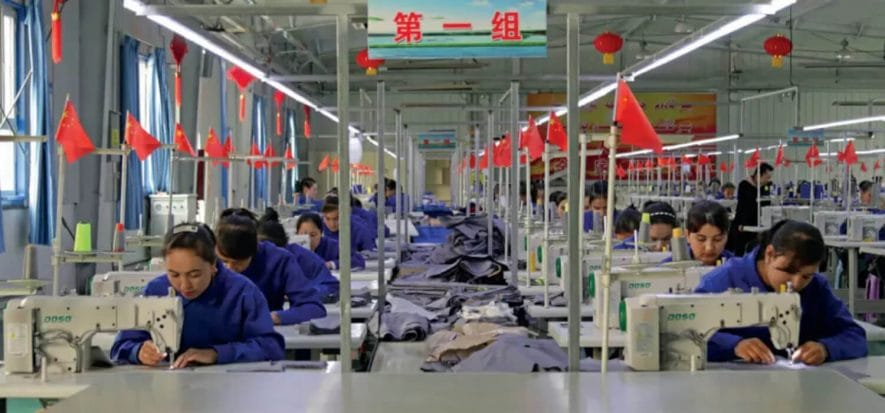When the issue of Uighur people in China escalated at the end of last winter, several brands called into question professed optimism. The situation, they said, was not out of control. However, now that those same brands have disclosed their financial performances, we have the empirical proof: the boycott leaves its mark on their accounts. The results for brands like Nike and H&M are either disappointing or overtly negative. The slowness, experts warn, risks turning into lasting disaffection on the part of the public of the People’s Republic. This of the Uighur people is the “cotton curtain” that separates Beijing from its Western partners.
The Cotton Curtain
“It is not easy here to summarise the terms of the Uyghur question, a Chinese ethnic group of Islamic religion that populates the Xinjiang region – reads La Conceria -. It is enough to say that Beijing responds to local independence movements, in the name of counter-terrorism, with a strategy defined by humanitarian movements as a form of cultural genocide. Among the measures implemented by the CCP, at least since 2014, there are re-education camps where members of the Uyghur community would, among other things, be forced into forced labor”.
Here, it is to respond to this situation in which large international fashion groups have distanced themselves from cotton, and cotton products, from Xinjiang. Beijing didn’t like it. And this is why boycott campaigns have started against Nike and H&M, as we said at the beginning, but also against Adidas and Burberry.
The boycott leaves its mark
The results speak out. In the last fiscal year, Nike’s sales in China, for example, amounted to 1.9 billion dollars. Not bad, you would say. But below the 2.2 billion dollars threshold expected by analysts. The group CEO John Donahoe threw water on the fire. “Nike is a brand that is part of China, and for China. We have been present on the market for 40 years, we are sure that it will be confirmed as rapidly developing”.
Meanwhile, the first half of the year was very positive for H&M. Except for China, where it drops in double figures. Beijing is worth only 5% of the fast fashion group’s turnover. But losing contact is not a good thing. CEO Helena Helmersson had to acknowledge that “the situation remains complex”.
Also because, Al Jazeera observers warn, the boycott campaign of Western brands has strong nationalist connotations. Chinese consumers could choose local brands. And never go back.
Read also:











